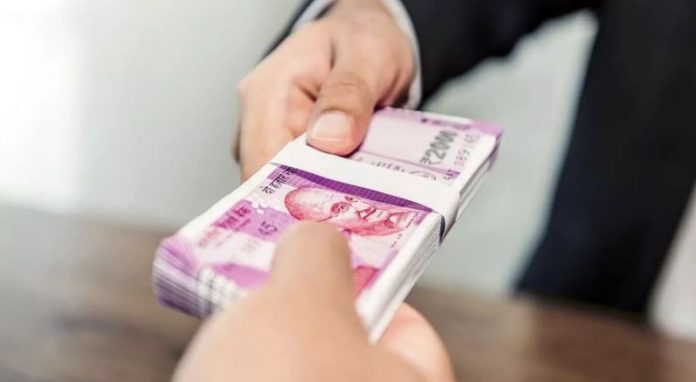There are many schemes and schemes in the post office which can help you to invest your savings and get a huge return after a certain period. If one is looking for a low-risk investment option, investing in a National Savings Certificate (NSC) scheme can be a good option.
If you are planning to invest and want to get good fund under low budget investment then it would be right for you to invest in post office. If many government schemes are given in this, then it can be beneficial for you. It is also considered the safest to invest here. That is why the post office is one of the most popular investment options.
There are many schemes and schemes in the post office which can help you to invest your savings and get a huge return after a certain period. If one is looking for a low-risk investment option, investing in a National Savings Certificate (NSC) scheme can be a good option.
What is NSC Scheme
There is no upper limit for investment in Post Office NSC Scheme, and a person can open multiple accounts for it at the same time. Income tax exemption up to Rs 1.5 lakh is also given under section 80C of Income Tax on deposits in NSC. The NSC scheme offered by the post office currently has an interest rate of 6.8 percent. You can invest small to large amounts in this scheme. In this, the minimum amount limit has been given Rs 1000. You can open an account in this scheme with the age of 10 years. You can visit the nearest branch of any post office to open an account.
On maturity you will get around 7 lakhs
According to the rules of this scheme, interest is charged on an annual basis. You can invest in this scheme even after the maturity period of five years is over. According to the official website, on an initial investment of Rs 1000 in NSC, you will get a return of Rs 1389 after 5 years. As per the calculations, if you invest Rs 5 lakh in National Savings Certificate Scheme initially, a total amount of Rs 6,94,746 will be available on maturity after 5 years. Thus, your total income during 5 years would be Rs 1,94,746 lakh.


